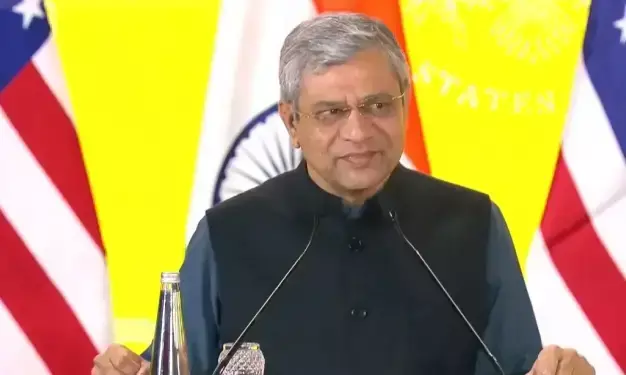Understanding call and put options

The market is flooded with a wide range of investment options that allow investors to earn money when the stock market is bullish or bearish Options are one of the significant categories of derivative securities
The market is flooded with a wide range of investment options that allow investors to earn money when the stock market is bullish or bearish. Options are one of the significant categories of derivative securities.
Call option is a derivative contract between buyer and seller in which the buyer is offered the right to buy the underlying asset, by a certain date at the strike price. When you purchase a call option, you purchase the right to purchase the financial product on or before a specific date in the future, at a fixed price.
For this, you need to pay a certain amount which is called premium. When the buyer exercises his option to buy the stock from call option, the seller is obligated to sell the stock at the price agreed by the parties earlier.
A put option is defined as an option contract between two parties, buyer and seller, whereby buyer has the right to sell the underlying asset, by a certain date at the strike price. The buyer of the option must pay the premium to earn such right.
When you purchase a put option, you earn the right to sell the stocks, on or before a certain future date at a set price. When the buyer exercises his right option to sell the underlying asset the seller has no choice other than buying the asset at the agreed price. So, the seller is obligated to purchase the financial instrument.
Suppose A (buyer) purchases a call option and enters into a contract with B (seller) and A purchases 1,000 shares at Rs 200 per share of X company and pays a premium of Rs 5,000 for the same.
If after three months, the price of the share is Rs 220 then A can purchase shares from B at Rs 200 by exercising the right and B is obligated to pay the same. But if the prices go down to Rs 180 then A will not purchase the same from B because he can purchase the same from any other person at Rs 180 in the market.
Suppose A (buyer) purchases a put option and enters into contract with B (seller) of selling 1,000 shares of Rs 200 per share of X company. A pays a premium of Rs 5,000. Before the expiry of the term of 3 months the price of the company falls to Rs 180 per share then A can purchase the shares from the stock market at Rs 180 purchase and sell them to buyer at Rs 200 per share. However, if the share price increases to Rs 220 then there is no use of purchasing it at high rate and selling it at a lower rate because that will amount to a loss for A.
The conclusion to draw here is, when you invest in a call option you always expect the price to rise to reap more and more profits, whereas if you opt for a put option you want the prices to fall because only then you will be able to earn profits or else you will suffer loss up to the extent of the premium paid.
Call option and put option are two exact opposite terms. Call option is exercised when market is bullish and put option when market is bearish. (The author is a homemaker who dabbles in stock market investments in free time)








